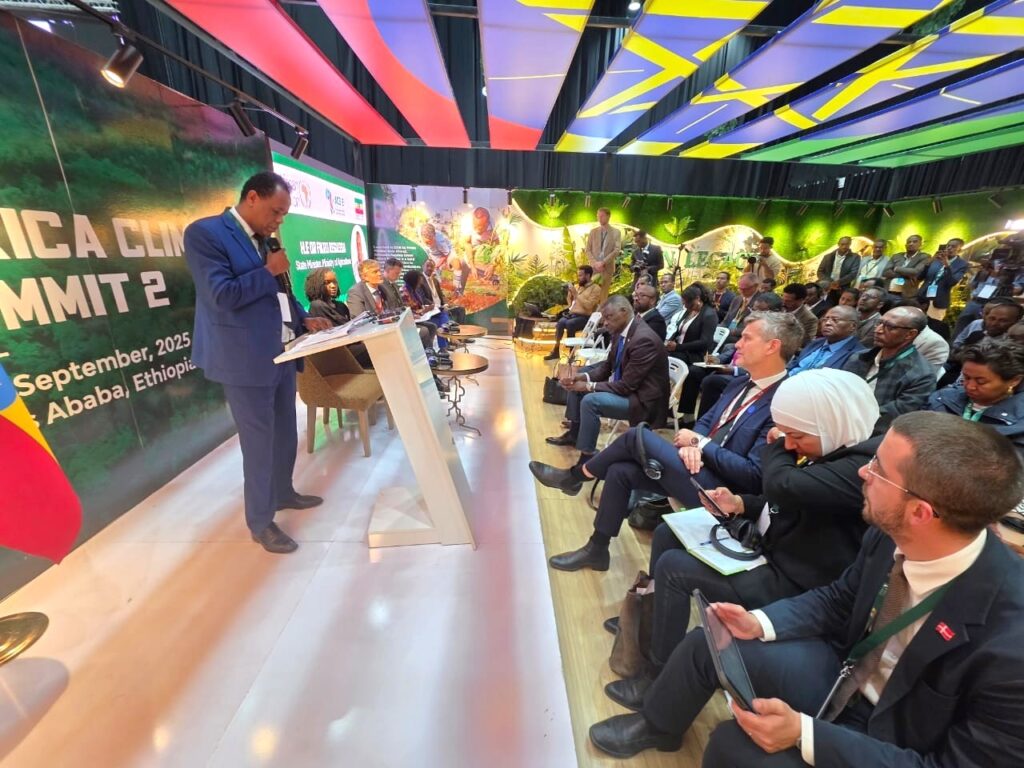Ethiopia has launched the second phase of its flagship Agricultural Commercialization Clusters (ACC II) Program during the Africa Climate Summit 2025 in Addis Ababa. Themed “Climate-Smart Agriculture and Value Chain Development for Food System Transformation in Africa,” the program underscores the country’s commitment to sustainable agriculture, climate resilience, and inclusive growth.
Agriculture remains the backbone of Ethiopia’s economy, contributing 80 percent of exports and providing 95 percent of the country’s food supply. However, smallholder farmers, who dominate production, continue to face challenges such as low productivity, food insecurity, market barriers, limited technology adoption, and overreliance on rainfall.
The first phase of the Agricultural Commercialization Clusters (2019–2024) delivered impressive results. It engaged more than 4.4 million farmers, with over 2.5 million organized into Farmer Production Clusters (FPCs). Farmers in targeted areas recorded yields 32 percent higher than the national average, while those in FPCs saw yields 44 percent higher. Grain productivity rose by 86 percent, reaching 3.18 tons per hectare, while horticulture yields expanded sixfold to 33.4 tons per hectare. Overall production volume grew by 56 percent, raising the share of grains in the country’s agricultural output from 28 percent in 2019 to 58 percent in 2024.
Building on this success, Ethiopia unveiled the Agricultural Commercialization through Climate-smart and Inclusive Innovations (ACCII) initiative. This next phase addresses climate change, food insecurity, and rural poverty, while promoting inclusive value chains. It will be rolled out across nine regions: Amhara, Oromia, Tigray, Sidama, Southwest Ethiopia, South Ethiopia, Central Ethiopia, Benishangul, and Somali.
ACCII focuses on nine strategic areas: climate-resilient crop and livestock commercialization, climate-smart agriculture, natural resource management, digital agriculture, private sector participation, gender and youth empowerment, nutrition improvement, policy advocacy, and the Humanitarian–Development–Peace (HDP) nexus. The program also aims to provide opportunities for 300,000 internally displaced persons and refugees to rebuild their livelihoods and achieve self-sufficiency.
With strong government commitment and development partner support, Ethiopia seeks to scale up climate-smart, inclusive, and market-driven agriculture. The program is expected to empower millions of smallholder farmers, strengthen value chains, enhance exports, and accelerate the country’s economic transformation.

